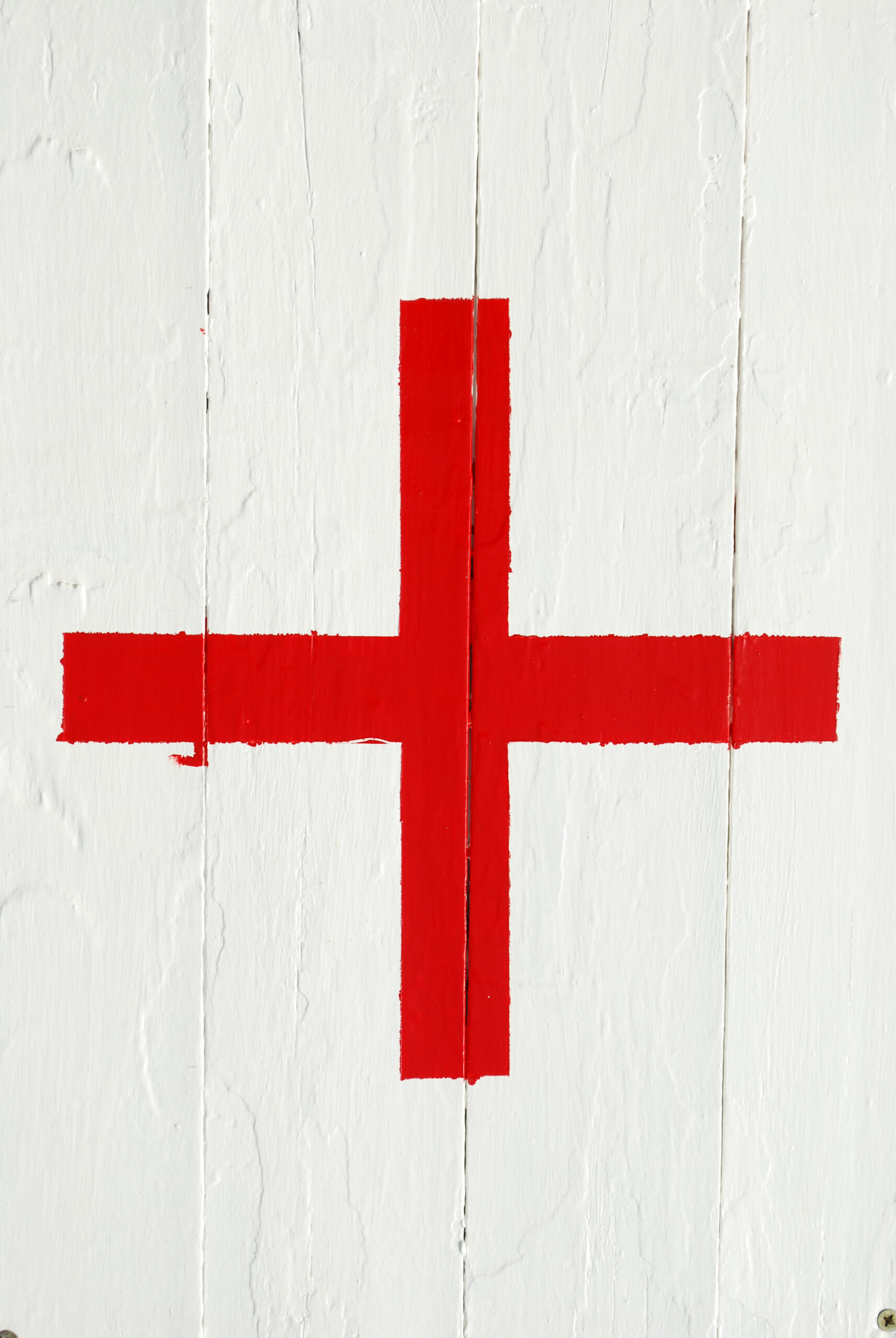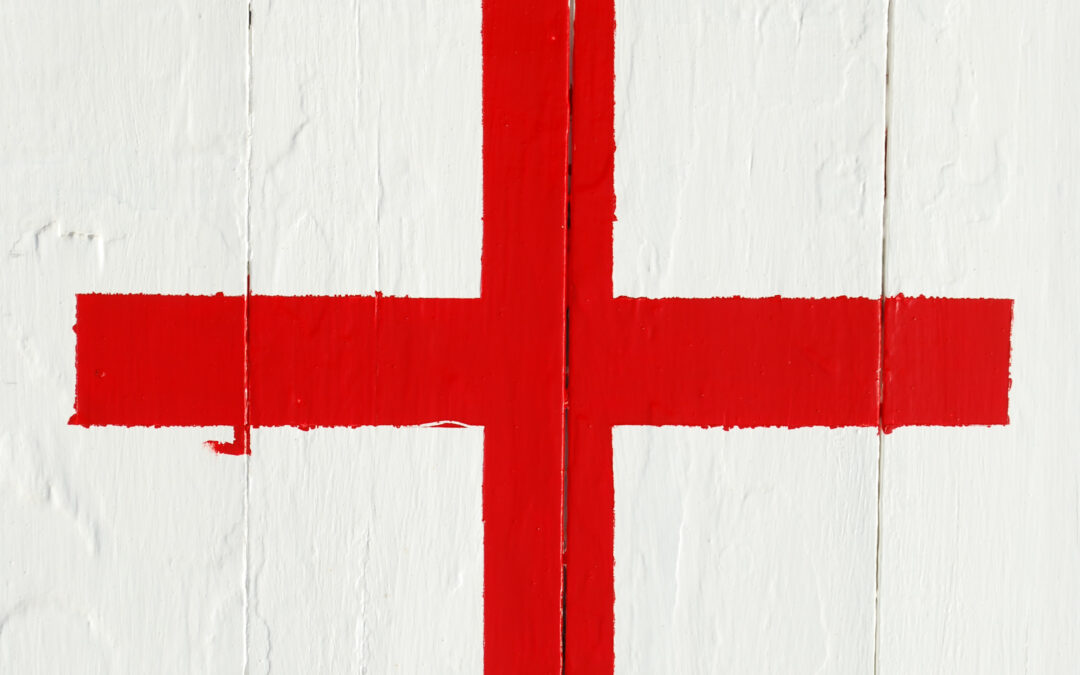Introduction to Disaster Preparedness
When it comes to disaster preparedness, being proactive can make all the difference. Natural disasters such as hurricanes, earthquakes, and floods are becoming more frequent and severe than ever before. It’s essential for every family to take steps towards preparing themselves in case of an emergency. In this article, we will cover everything you need to know about disaster preparedness.
Why is Disaster Preparedness Important?
Disaster preparedness is crucial because natural disasters often strike without warning. When a crisis occurs, it can be challenging to think clearly and make informed decisions. By taking the time to prepare ahead of time, your family will have a plan in place that will help keep everyone safe and protected. Additionally, having an emergency kit and knowing what to do during a crisis can reduce stress levels and increase the chances of survival.

How to Create a Family Emergency Plan
Creating a family emergency plan is one of the most critical components of disaster preparedness. The first step is to identify potential risks in your area and determine which ones pose the greatest threat. Once you have identified these risks, create a plan that outlines how your family will respond in each scenario. This includes identifying evacuation routes, safe meeting places, and communication protocols. Make sure everyone in the family knows the plan and practices it regularly.
Building an Emergency Kit: What You Need and Where to Keep It
Another important aspect of disaster preparedness is building an emergency kit. Your kit should include supplies that will last at least three days, including food, water, medications, flashlights, batteries, and first aid equipment. It’s also essential to have extra cash on hand since ATMs may not work during a crisis. Store your emergency kit in a convenient location where it can easily be accessed when needed.
Preparing Your Home for Natural Disasters
In addition to creating a family emergency plan and building an emergency kit, it’s also vital to prepare your home for natural disasters. Start by inspecting your property for any potential hazards, such as loose roof tiles or weak trees. Secure any items that could become projectiles during high winds or heavy rain. Install storm shutters or impact-resistant windows to protect against flying debris. Finally, consider investing in backup generators or solar panels to ensure you have access to electricity during power outages.
Thank you for reading this post, don't forget to subscribe NOW for FREE!
Staying Informed During a Crisis
During a crisis, staying informed is critical. Monitor local news stations and weather channels to stay up-to-date on the situation. If possible, sign up for alert systems through your community’s emergency management agency. These alerts will provide real-time updates on the situation and advise you on what actions to take.
Practicing Disaster Preparedness with your family
Regularly practicing disaster preparedness with your family is essential. Conduct drills that simulate different scenarios so everyone knows what to do in case of an emergency. Discuss any changes to the plan and update your emergency kits accordingly. Remember, disaster preparedness is a team effort, and everyone needs to work together to stay safe.
Common Mistakes People Make When Preparing for Disasters
Finally, it’s essential to avoid common mistakes people make when preparing for disasters. One mistake is not having a plan in place. Another mistake is failing to communicate with loved ones during a crisis. Don’t forget to check your insurance policies to ensure they cover natural disasters, and always follow the advice of emergency officials during a crisis.
Conclusion
In conclusion, disaster preparedness is critical for every family. By following the tips outlined above, you can minimize the risk to your family and maximize their chances of survival during a crisis. Remember, being proactive and prepared is key to keeping your family safe and secure.






